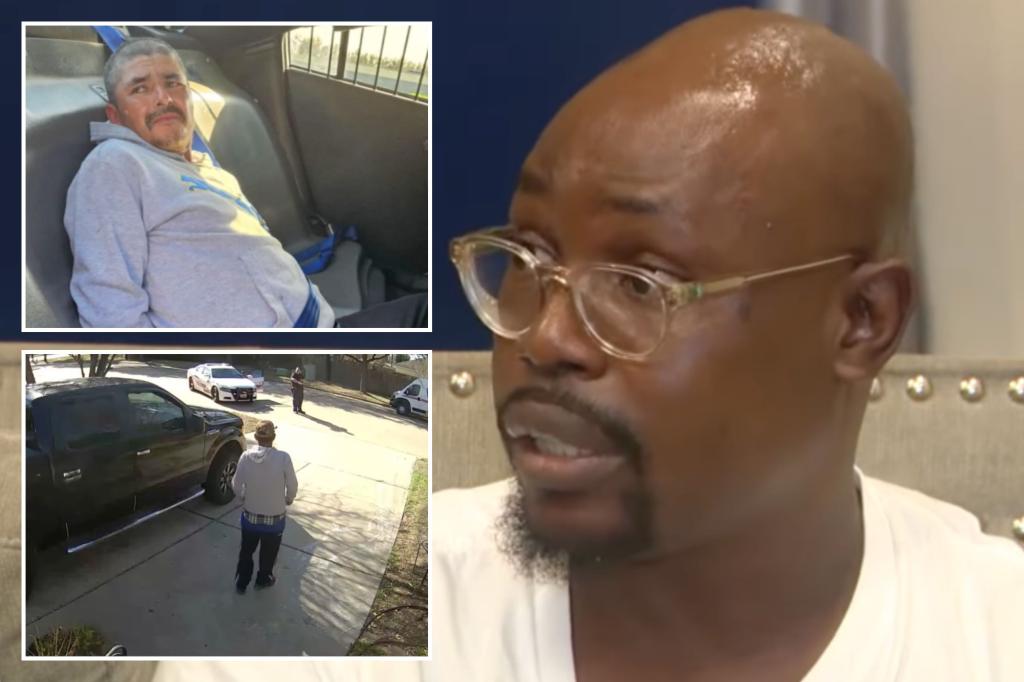A Lyft driver in Texas, Kehinde Ayoola, has filed a lawsuit against Lyft and the hospital where he picked up a passenger who attacked him. The passenger, Ramiro Vella, choked Ayoola with his own seatbelt while he was driving him. Vella was charged with Aggravated Assault in connection with the attack. Ayoola has been severely affected by the incident, becoming fearful of another attack and has stopped picking up passengers altogether. He had been a rideshare driver for seven years prior to this incident.
Ayoola recalled picking up Vella at Memorial Hermann Hospital and observing the man acting strangely with three hospital staff members. Despite expressing his concerns to the staff, Ayoola was reassured that everything was okay. However, shortly after Vella got into Ayoola’s car, he started behaving erratically and eventually attacked the driver. He wrapped the seatbelt around Ayoola’s neck and put him in a chokehold. Ayoola had to pull over to the side of the road, and Vella proceeded to damage the vehicle before running away and causing a disturbance at a nearby house.
Ayoola’s attorney, Osayuki Ogbeide, described him as an innocent, hardworking man who was just trying to complete a Lyft journey ordered by Memorial Hermann Hospital. Despite voicing his concerns to the hospital staff, Ayoola was told that Vella would be okay. Ogbeide emphasized that Ayoola has suffered significant damages, not just financially but also in terms of his overall well-being. Vella’s next court date is set for September 25th, highlighting the ongoing legal proceedings following the attack.
The violent incident has left Ayoola traumatized and always on edge, fearing for his safety even when family members are in the car with him. He vividly remembers the attack and replays it in his mind daily. This fear has caused him to stop working as a rideshare driver, despite having done so for many years. The impact of the attack goes beyond physical injuries, affecting Ayoola’s mental health and sense of security.
The attack on Ayoola raises questions about safety precautions for rideshare drivers and the responsibility of companies like Lyft to protect their employees. Ayoola’s experience highlights the dangers that drivers face while providing services, as well as the potential consequences of inadequate support and assistance in such situations. The lawsuit filed by Ayoola sheds light on the need for better safety measures and protocols to protect drivers and prevent similar incidents from happening in the future.
As Ayoola continues to cope with the aftermath of the attack, his legal battle against Lyft and Memorial Hermann Hospital serves as a reminder of the importance of holding accountable those who are responsible for ensuring the safety and well-being of employees. The lawsuit not only seeks justice for Ayoola but also aims to bring attention to the broader issue of workplace safety for rideshare drivers and the need for proactive measures to prevent violent attacks and protect workers in vulnerable situations.


